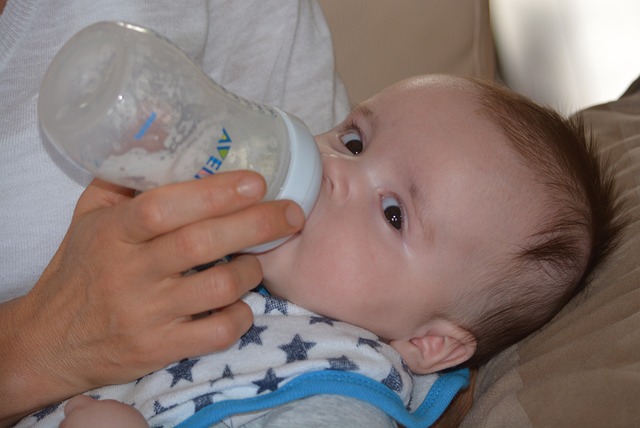Introduction
Breastfeeding is a natural and beneficial practice for both mothers and babies, yet several misconceptions can affect a mother’s confidence and decision-making. Understanding the facts behind these myths is crucial for promoting successful breastfeeding and ensuring that both mother and baby receive the full benefits of this vital practice.
Misconception 1: You Should Stop Breastfeeding If You Have a Fever or Illness
– Reality: Most illnesses do not require stopping breastfeeding. In fact, breast milk can provide essential antibodies to help protect your baby from illness.
– Tip: Continue breastfeeding if you are ill, unless advised otherwise by your healthcare provider. Practice good hygiene to minimize the risk of transmitting illness.

Misconception 2: You Should Not Wake Your Baby for Breastfeeding
– Reality: It is often necessary to wake your baby for breastfeeding, especially in the early weeks, to ensure they are getting enough nutrition and gaining weight properly.
– Tip: If your baby is not waking on their own for feedings, gently wake them to feed, especially if they are a newborn. This helps establish a regular feeding pattern and supports healthy growth.

Misconception 3: You Can’t Breastfeed If You Have Small Breasts
– Reality: Breast size does not affect the ability to produce milk. Milk production is more about glandular tissue and hormonal signals than breast size.
– Tip: Focus on breastfeeding techniques and maintaining a healthy lifestyle. If you have concerns about milk supply, consult with a healthcare provider.

Misconception 4: You Must Avoid Certain Foods While Breastfeeding
– Reality: Most foods are safe to eat while breastfeeding. However, some babies may react to specific foods, such as dairy or caffeine.
– Tip: Pay attention to your baby’s reactions and consult your healthcare provider about any dietary concerns. A balanced diet supports both you and your baby.
Misconception 5: Breastfeeding Will Cause Sagging Breasts
– Reality: Changes in breast appearance are more related to pregnancy and aging than breastfeeding itself. Breasts naturally change in size and shape over time.
– Tip: Focus on maintaining overall breast health and comfort. Wear a supportive bra to help with any changes during breastfeeding.

Misconception 6: You Have to Stop Breastfeeding When You Return to Work
– Reality: Many mothers successfully continue breastfeeding after returning to work by pumping milk and storing it for their baby.
– Tip: Plan ahead for pumping and storage, and discuss breastfeeding support options with your employer. Establish a routine that works for both you and your baby.

Misconception 7: Formula Is Just as Good as Breast Milk
– Reality: While formula provides necessary nutrients, breast milk offers unique benefits, including antibodies and personalized nutrition, which formula cannot fully replicate.
– Tip: Breastfeeding provides the best start for your baby, but if formula feeding is necessary or chosen, ensure it meets your baby’s nutritional needs.
Additional Misconceptions About Breastfeeding

Misconception 8: You Should Stop Breastfeeding If Your Baby Has Diarrhea
– Reality: Breastfeeding should generally continue even if your baby has diarrhea. Breast milk provides essential nutrients and helps maintain hydration, which can aid in the recovery process.
– Tip: Keep breastfeeding as usual and consult a healthcare provider if your baby shows signs of severe dehydration or if diarrhea persists. Breast milk can help soothe and support your baby’s digestive system.
Misconception 9: You Should Give Water to Your Baby After Breastfeeding
– Reality: For most newborns and young infants, additional water is not necessary and can even be harmful. Breast milk provides all the hydration your baby needs.
– Tip: Continue breastfeeding exclusively for the first six months. After introducing solids, you can offer small amounts of water as needed, but consult your healthcare provider for guidance on when and how to introduce water.
Conclusion
Addressing and debunking common breastfeeding misconceptions can empower mothers to make informed choices and overcome challenges. By understanding the realities of breastfeeding and seeking appropriate support, you can ensure a positive breastfeeding experience for both you and your baby. At Health Authentica, we are committed to providing accurate information and support to help you navigate your breastfeeding journey successfully.











